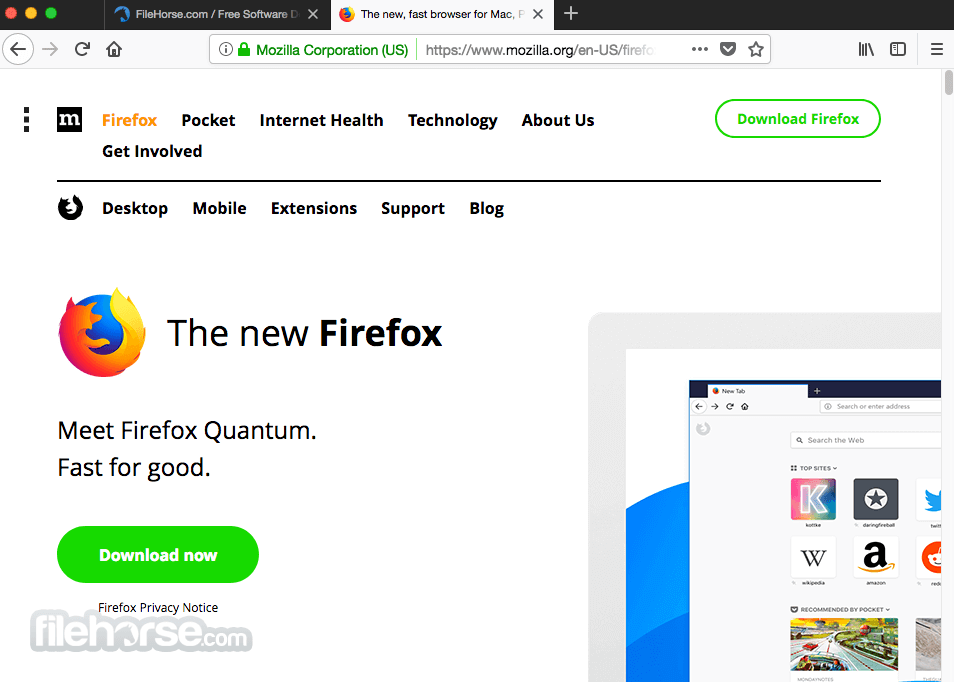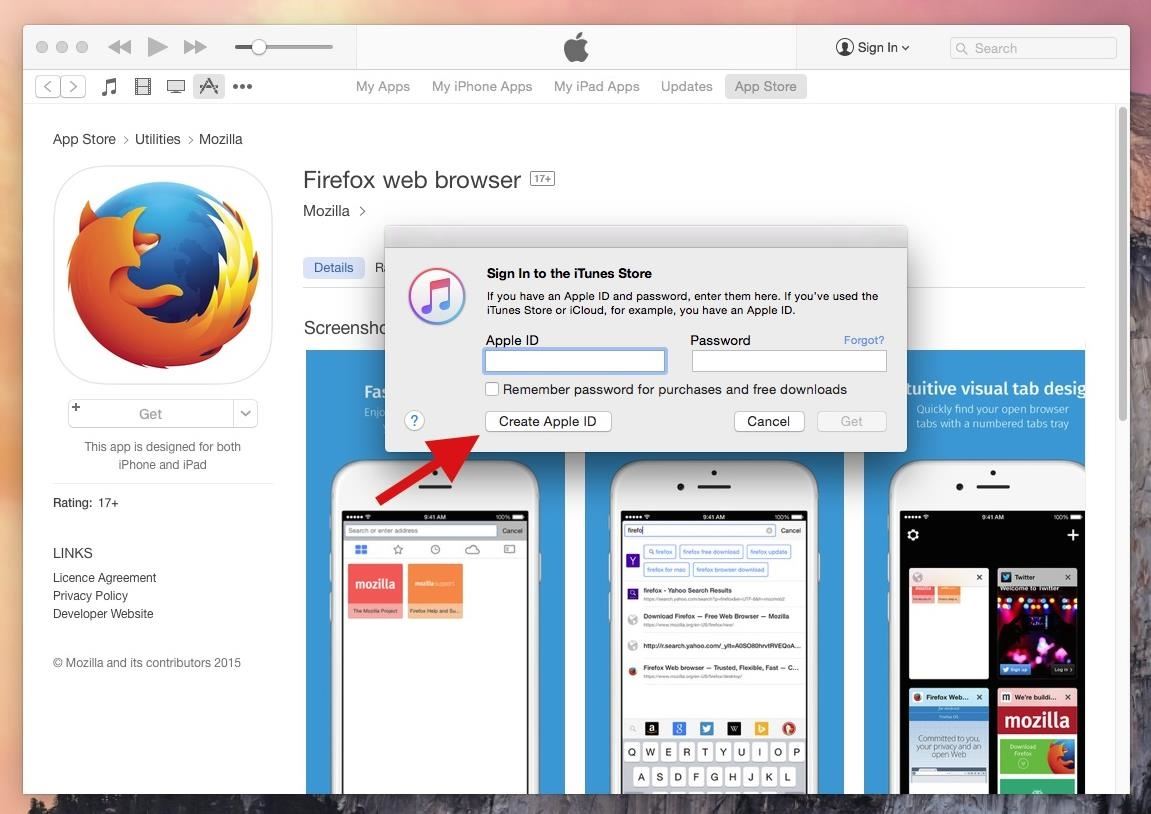

Both Chrome and Edge show a “+” button in their address bars for sites that offer one of these apps, and the sites themselves can create pop-ups encouraging users to install their web apps. Just as importantly, Progressive Web Apps are easier to find and install. PWAs can also launch when users click an associated file type on their computers, keep the screen awake for things like presentations, and interact with a wider range of controllers and peripherals compared to standard websites. PWAs can store images and other assets locally so they load faster, and apps that don’t require data from the internet can run entirely offline. Still, Firefox’s SSBs were an important precursor to another technology called Progressive Web Apps, or PWAs, which let websites behave even more what you’d find in an app store. That may help explain why Mozilla had buried the feature in an advanced settings menu while developing it behind the scenes.

FIREFOX FOR MAC APPLE STORE WINDOWS
It didn’t integrate with any extensions that users might’ve installed, and it didn’t let users easily add launch icons to the MacOS dock or Windows Start menu. In Chrome, a similar feature is available by clicking the “…” menu, then heading to More Tools > Create Shortcut and selecting “Open as Window.” Microsoft Edge makes the feature even easier to reach: Under its “…” menu, there’s a menu called “Apps,” with an option to “Install this site as an app.”įirefox’s implementation clearly needed a lot of work. These allowed websites to run in their own windows, without address bars, navigation buttons, or other clutter. To get a bit technical for a moment, the specific feature that Mozilla abandoned is called “site-specific browsers,” or SSBs. But it’s also just disappointing to see Mozilla abandon what is becoming a bastion against walled garden app stores. That puts Firefox at a disadvantage against Chrome and Edge, both of which are speeding ahead in making web apps an integral part of their desktop browsers.

“Initial exploration showed that was not going to provide that value.” “Our focus is on developing and exposing features that deliver real value to our users,” Romain Testard, a Mozilla product manager, said in an email statement.


 0 kommentar(er)
0 kommentar(er)
